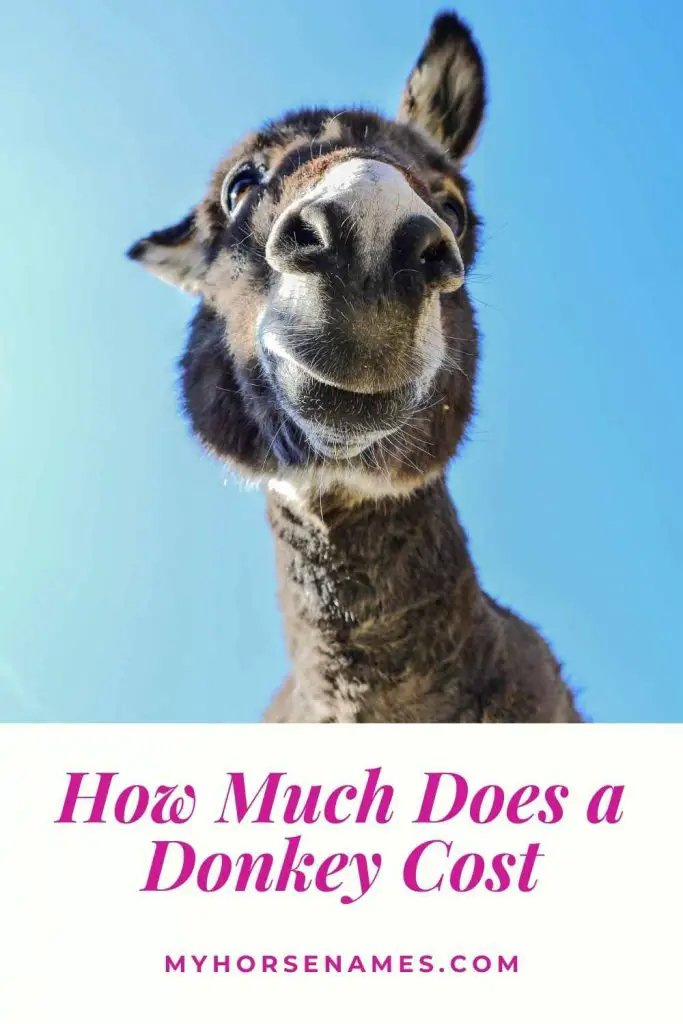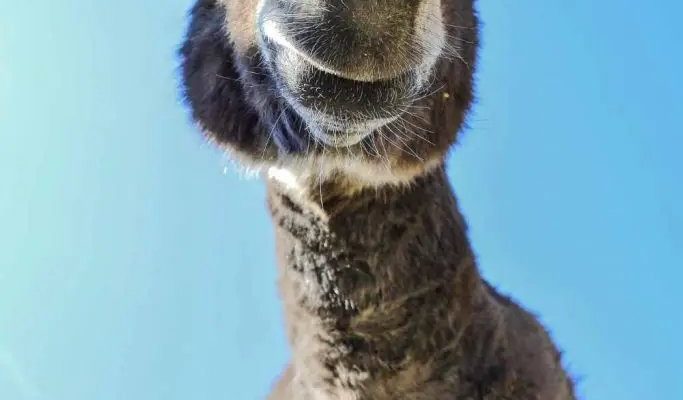
Imagine you’re sitting across from a friend, sipping coffee, and they mention they’re thinking about getting a donkey. You might say, “That’s adorable! But have you thought about the costs?” The truth is, owning a donkey can be a rewarding experience, but it also comes with a bunch of expenses that can add up faster than you’d think.
Let’s dig into the numbers and really explore how much it costs to own a donkey. From the initial purchase to ongoing care, we’ll look at everything you need to consider.
Initial Purchase Price
The first big cost you’ll encounter is the actual price of the donkey. Depending on various factors, you can expect to pay anywhere from $500 to $2,000 or more. Some donkeys come with fancy bloodlines or training, which can drive up the price. If you’re adopting from a rescue, costs may be lower, but you still need to pay for adoption fees.
When looking to buy a donkey, consider asking yourself some questions like:
- What breed am I interested in?
- Am I looking for a miniature or standard-sized donkey?
- Do I want a pet or a more working-type donkey?
Let’s say you find a lovely standard donkey for $1,200. That’s the starting point, but don’t forget about additional costs associated with the purchase, like health checks or transportation fees. You might want to add another $200 to $300 just to be safe.
Feeding and Nutrition
Once you’ve got your donkey, you’ll need to think about food. Donkeys are grazers, which means they eat a lot of grass or hay. The cost of feeding them can vary based on where you live and whether you buy hay in bulk.
On average, you might spend around $300 to $600 a year on hay. Here’s a quick breakdown:
- Quality hay: $4–$10 per bale
- Average consumption: 1 to 2 bales a week
You might also want to provide special donkey pellets or minerals to ensure they’re getting a balanced diet, adding another $100 to $200 to your annual expenses. Remember, just like us, donkeys need a healthy diet to stay happy and active.
Housing and Shelter
Next up is housing. Donkeys need shelter to protect them from harsh weather. Whether that’s a sturdy barn or a simple lean-to, you’ll need to budget for it. If you’re building something new, costs can range significantly, but you might end up spending anywhere from $1,500 to $5,000 for a decent shelter.
Even if you already have a space, there are ongoing costs like bedding (straw or shavings) which can run you about $15 to $25 a bale. You’ll likely need a few bales each month, so that’s another $180 to $300 yearly. Don’t forget about fencing, as you’ll need adequate fencing to keep your donkey safe and contained. Proper fencing can cost several hundred dollars depending on your property’s size and type.
Routine Care and Veterinary Costs
Now, let’s talk about health care because, like all pets, donkeys need regular check-ups. Routine veterinary visits can range from $100 to $200 annually depending on your vet and where you live.
Veterinary care includes things like:
- Vaccinations
- Dental care
- Hoof trimming (every 6–8 weeks)
Getting their hooves trimmed can set you back about $30 to $50 each time, which can add up quickly. If you have to deal with unexpected health issues, those costs can go through the roof.
Insurance and Miscellaneous Costs
Believe it or not, some folks opt for insurance for their donkeys, especially if they’re high-value animals. This can help cover unexpected veterinary costs, but it’ll set you back another $200 to $500 a year typically.
You’ll also want to think about miscellaneous expenses:
- Grooming supplies
- Training costs if you need to hire a professional
- Transport costs for vet visits or shows
These costs can easily add up to another $200 to $400 annually. It’s essential to factor these things in when planning your budget, as they can sneak up on you!
Time Commitment
While we’ve predominantly focused on financial costs, let’s not forget about the time commitment involved in donkey ownership. Donkeys are social animals that thrive on interaction. You’ll need to dedicate time to feed, groom, and spend quality time with your donkey daily.
Think of it like having a dog; they need companionship, exercise, and care. So if you’re considering getting a donkey, ask yourself if you can provide them the attention they need. If you’re super busy or travel often, you might need to consider if having a donkey is the right choice for you.
In summary, owning a donkey involves a variety of costs that can range widely based on your choices and circumstances. From the initial purchase price to ongoing feeding, care, and time investment, understanding these expenses helps prepare you for donkey ownership.
If you’re ready to commit and have the resources, owning a donkey can be a rewarding experience filled with laughter and companionship. Just be sure to plan appropriately for both the financial and emotional aspects of having a furry friend. So, what do you think? Is a donkey in your future?

